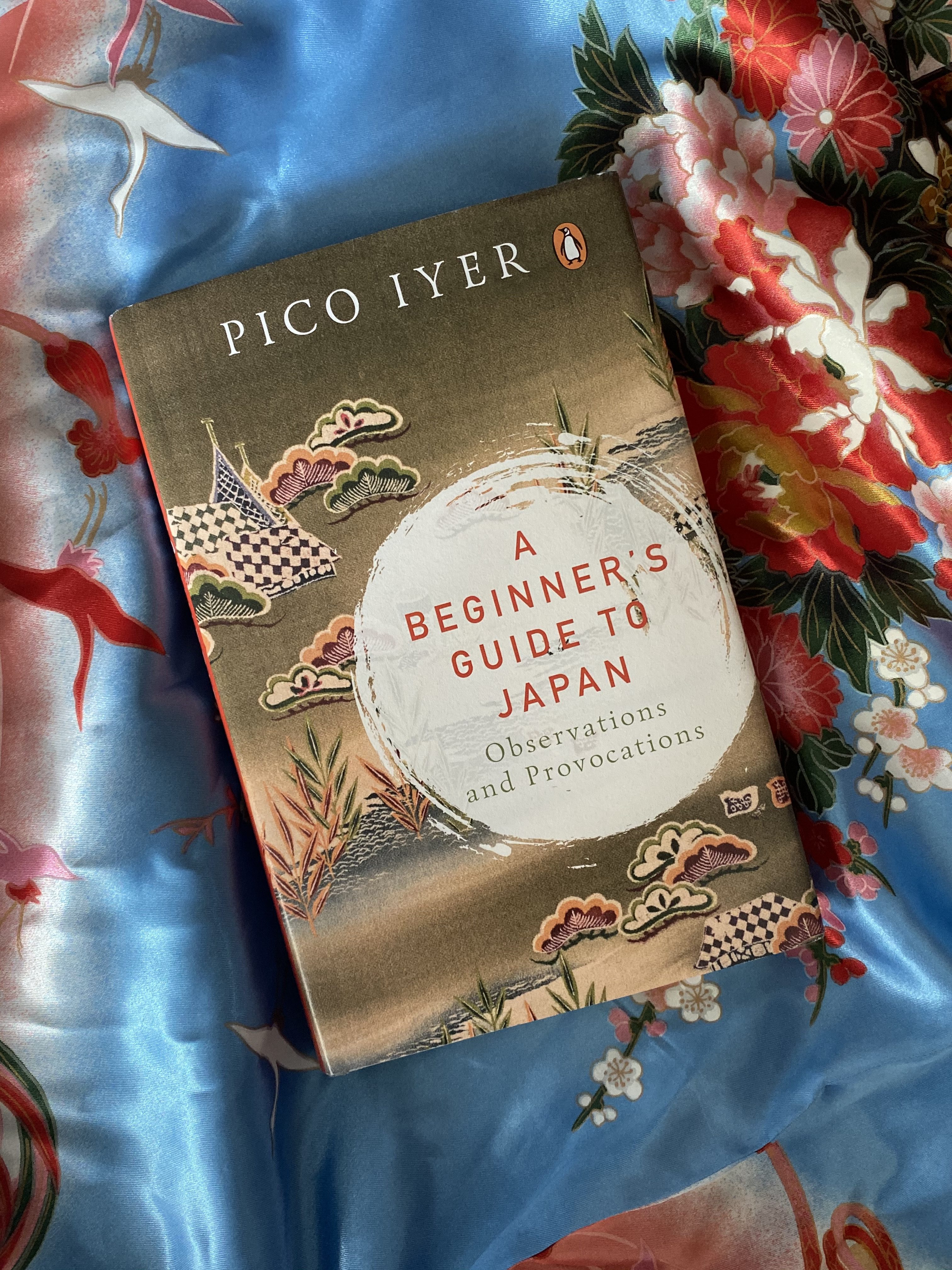It is not very often that you find books that are fit to be guides to life. Yes, there are many self-help books, many of them really good and sensible, but I’m talking of something deeper here. “It will take you through life,” said a friend, when I offered her my copy of Autumn Light, Pico Iyer’s recent book. And I’m really glad that she told me so! Hence, when I heard about Iyer’s latest, A Beginner’s Guide to Japan- Observations and Provocations (Penguin), I knew that this book was going to be as special, more so since it’s poised as a companion piece to Autumn Light.
It is not an easy task to distill the essence of a place like Japan and the personality of its people. More challenging is the task of using these observations to draw some truths about life and living in the larger context. However, here’s a book that does it well and in style!
The heady mix of observations and contradictions that make the Japanese way of life, offer an insight into the very soul of what it means to be Japanese. But we’re talking of one of the most sublime authors of this generation. Surely, the book can’t just be about Japan? Talk about Japan it does, but like one expects from Iyer, he gently weaves life into it.


There are short insightful snippets as well as slightly longer but yet compact chapters that talk about different themes. Many little observations about Japan and the Japanese people and way of life seem amusing, enthralling and revealing. For example, the obsession with cartoon characters; the inherent belief that all inanimate things are infused with a living spirit; existence professional businesses where family members and relationships can be ‘hired’ and so on.
As I read this book, I can look at Japan both through the eyes of a foreigner and through the eyes of a native. After all, Pico Iyer has had the good fortune of both these points of view. He looks at Japan from the viewpoint of a foreigner, who he is, for all practical purposes. This brings in a fresh perspective.
And yet, he has lived in Japan for half his lifetime and is married to a Japanese woman. In many ways thus, he is witness to the intricacies of the Japanese way of life. He has the advantage of the inside observer. In many parts of the book, he thus contrasts the Japanese way of life with the western way of living. These bits are also quite insightful, and infused with humour.
There are quite a few themes that emerge- language, words, conversations, Japanese love hotels, the issue of space (the Japanese are indeed masters of space), time and most importantly change.
But, a few of these really resonate deeply. Of course, each reader will find what allures him or her. For me, the beauty of silence in the Japanese culture- the need to not converse vigorously in the way we know it, the sense of space, the topic of Japanese gardens, and the theme of change strike a chord.
The title of the book – A Beginner’s Guide to Japan – Observations and Provocations also gives a hint about the fact that there are contradictions that the book will provoke. And true enough, it does. Iyer has also emphasized on the negatives and on the inconsistencies that mark this society. In that sense, it’s just and fair, in him giving an honest opinion and analysis of Japan and the Japanese.
If you are the kind of person who loves to travel to explore the soul of a place and not just the apparent tourist attractions, this is a book for you. If you like to muse on the philosophies of life and living, here is a simple book that offers you food for thought. If you like to read, and then ponder and derive insights about the text, this is a book you will enjoy. For me, it offered a zen-like experience. It is a book you read, distil and then sometime later in life, reread.
At a deeper level, the musings and observations in the book rise above Japan…above Japonisme. As the world we live in becomes more cluttered and busier, in look and spirit, the calmness of Japan and the meditative aspects of the Japanese way of living somehow feel more relevant than ever before. At a more sublime level, the thoughts in this book become musings on life and living itself. And then, my friend’s words about Autumn Light (and by extension this book as well) ring out in my mind once more, “It will take you through life,”. I second that!




